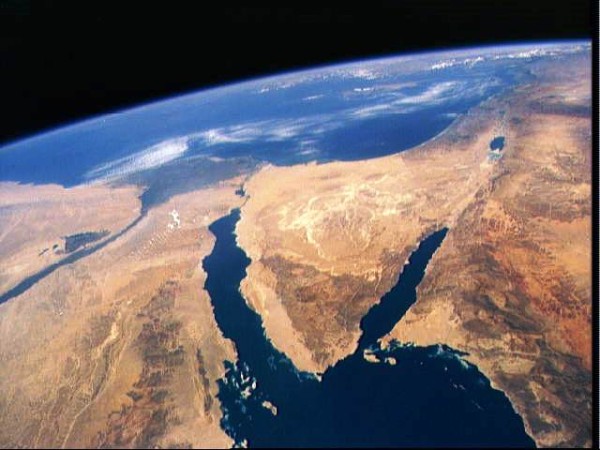In dramatic scenes in Geneva today, reminiscent of the 2010 NPT conference when several countries walked out as the Iranian President addressed delegates, Egypt advised the room that they were withdrawing from the rest of the 2013 NPT preparatory committee as a result of the “flagrant non-fulfilment of agreed commitments” in the 2010 NPT outcome document, namely the convening of a conference on the subject of a zone free of nuclear weapons and other weapons of mass-destruction in the Middle East.
The Chair of the conference expressed regret at not being given advance warning.
Egypt’s frustration goes back to 1981 when the country ratified the NPT and submitted their ratification together with a statement that the NPT complies with Egypt’s “…supreme national interests, provided the Treaty succeeds in curbing the proliferation of nuclear weapons throughout the world, particularly in the Middle East, which should remain completely free of nuclear weapons.”
However in 1986, Mordechai Vanunu exposed Israel’s nuclear weapons programme, and although never confirmed by Israel, it has been an open secret ever since that Israel has a nuclear arsenal supported financially and morally by the United States. Israel have yet to sign the NPT.
Since then the issue of the nuclear-free zone has not gone away, and as part of the 1995 NPT review, which indefinitely extended the treaty, a key element was a Resolution on the Middle East. The Egyptian ambassador referred to this today as the “fourth pillar of the NPT” behind: non-proliferation, disarmament and the right to pursue peaceful uses of nuclear technology.
It seems that Egypt’s patience with her neighbour to the north has reached its limits because even though it has taken 15 years to get an agreement to hold a conference, the failure to actually comply with the agreement is the final slap in the face.
The ambassador said:
“It is no secret that we took the decision on attending this meeting only a few days before the beginning of the Prepcom. I think it is also no secret that there was serious debate within the Arab Group on whether we should be attending this meeting in the first place. We decided to attend this meeting to engage and listen. We also came with a strong and coherent message. This message is simply that we will not renegotiate the 2010 Action Plan.”
He continued:
“Egypt strongly supports the NPT regime. It has always championed the cause of a nuclear weapon free world. However, the establishment of a Middle East nuclear weapon free zone is essential for our national interest. We cannot wait forever for the launching of a process that would lead to the establishment of this zone, a process that was repeatedly committed to within the NPT. We cannot continue to attend meetings and agree on outcomes that do not get implemented, yet be expected to abide by the concessions we gave for this outcome.”
Before concluding:
“Egypt has decided to withdraw from the rest of the second session of the Preparatory Committee of the NPT Review Conference right after this statement, to protest this unacceptable and continuous failure to implement the 1995 Middle East Resolution.
The breach of the 2010 Action Plan’s clear decision to hold a Conference in 2012 is yet another failure to implement a key NPT commitment. Egypt’s withdrawal from the second prepcom aims to send a strong message of dissatisfaction with the lack of seriousness in dealing with the issue of establishing a zone free of nuclear weapons, a central component of regional, Arab and Egyptian national security, which impacts directly international peace and security. As a strong supporter of the NPT regime, Egypt is very concerned about the ramification of the non-fulfillment of commitments on the credibility and sustainability of the NPT regime, which was indefinitely extended based on the 1995 Middle East Resolution.”
The full statement by the Ambassador, Hisham Badr, Assistant Minister of Foreign Affairs for International Organizations and Multilateral Affairs of The Arab Republic of Egypt can be found here.
Commenting on a blog immediately after events in the hall, Susi Snyder of IKV Pax Christi and an experienced anti-nuclear campaigner, said, “In some ways, Egypt has a point. They point out how the planned conference on establishing a zone free of nuclear and other weapons of mass destruction in the Middle East was not held as promised in 2012. They mention how they have prepared, with other Arab states, a working paper outlining their “vision concerning all procedural and substantive issues.”. What the Egyptian delegation failed to comment on in their statement is what exactly they expected before the conclusion of this meeting- what they expected to get during the week they spent engaging and listening.”










